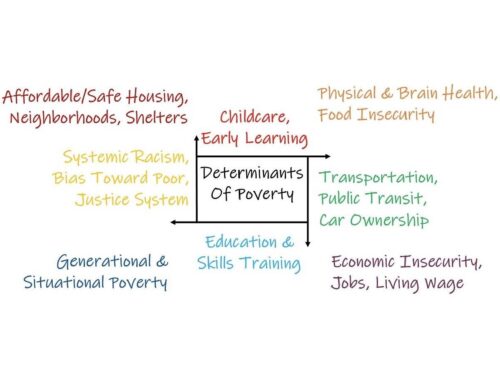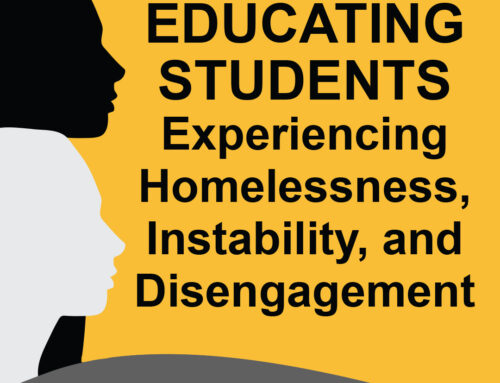Do you have students on free and reduced lunch who are excited about their parents getting a tax refund?
 Have you ever had a student tell you that their family is going to get a tax refund? And then the student comes in and shows you a new phone, jacket, and athletic shoes? And you know the student is on free and reduced lunch? The student is talking about earned income credit.
Have you ever had a student tell you that their family is going to get a tax refund? And then the student comes in and shows you a new phone, jacket, and athletic shoes? And you know the student is on free and reduced lunch? The student is talking about earned income credit.
Recently the U.S. Internal Revenue Service indicated that it will delay tax refunds until February 15, 2017, in order to have more time to fight fraud—and this is international organized crime fraud.
The delay will impact approximately 27 million low-income families who have received earned income credit (also known as earned income tax credit). Earned income credit is a federal government program to assist low-income families. If you are below a certain level of income, you receive a tax refund that you never paid into.
Earned Income and AGI Limits
Earned income and adjusted gross income (AGI) must each be less than the following dollar amounts:
| If Filing … |
Qualifying Children Claimed |
|||
|
Zero |
One |
Two |
Three or More |
|
| Single, Head of Household, or Widowed |
$14,880 |
$39,296 |
$44,648 |
$47,955 |
| Married, Filing Jointly |
$20,430 |
$44,846 |
$50,198 |
$53,505 |
Investment Income Limit
Investment income must be $3,400 or less for the year.
This is the amount of money that you get back from earned income credit if you met the above criteria in 2016.
Maximum Credit Amounts
The maximum amount of credit for Tax Year 2016 is:
- $6,269 with three or more qualifying children
- $5,572 with two qualifying children
- $3,373 with one qualifying child
- $506 with no qualifying children
 In other words, if your adjusted gross income is less than the numbers above and you have less than $3,400 in investments, you will receive the maximum credit amounts depending on the number of children you have. You have to be working to receive earned income credit.
In other words, if your adjusted gross income is less than the numbers above and you have less than $3,400 in investments, you will receive the maximum credit amounts depending on the number of children you have. You have to be working to receive earned income credit.
One of the things you probably do right away when you get your check is spend it. Why? If you have more than $3,400 in investments—to include home ownership or a vehicle—you cannot keep the money or have the money. A woman in one of our classes who received earned income credit wanted to save it for her daughter to go to college, but she wasn’t allowed to do so. The second reason you spend it is because money tends to be shared in poverty.
So within a couple of weeks the money is usually gone. Life goes back to survival. But for that moment in time, life is wonderful and entertaining. The brutality of survival has temporarily been kept at bay.
That is why earned income credit can be so important to your students from poverty whose parents work.
Click to learn more about Ruby Payne.








